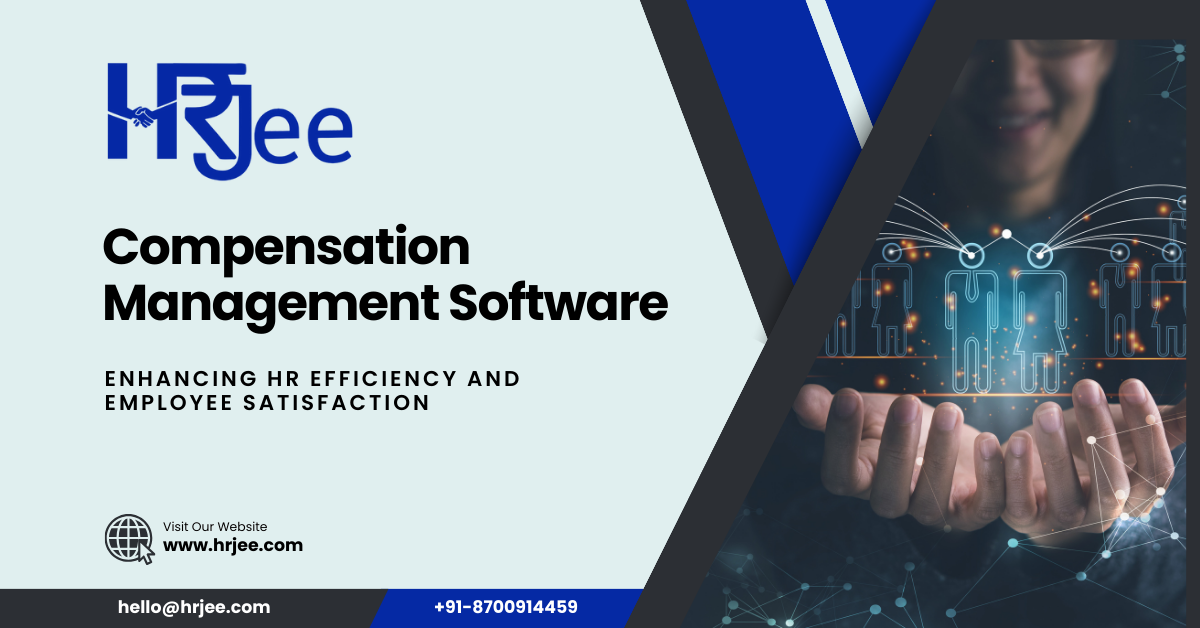In today’s competitive corporate market, efficient employee compensation management is vital for keeping top personnel and ensuring organizational performance.. Compensation management software offers a comprehensive solution to streamline this process, ensuring fairness, transparency, and efficiency. This article explores the key features, benefits, implementation challenges, and future trends of compensation management software.
Key Features of Compensation Management Software
Compensation management software provides a range of features to facilitate the administration of employee compensation. These include:
- Salary structuring and management: The program enables HR managers to create and manage compensation structures based on job positions, experience levels, and performance criteria.
- Performance evaluation and feedback:It enables the tracking of employee performance through regular evaluations and feedback mechanisms, facilitating data-driven decisions regarding compensation adjustments and promotions.
- Integration with HRIS and payroll systems: Compensation management software works smoothly with existing HRIS (Human Resource Information Systems) and payroll systems, ensuring that compensation data is accurate and consistent across all platforms.
Benefits of Using Compensation Management Software
Implementing compensation management software has various benefits for firms, including:
Streamlined processes: By automating manual tasks such as salary calculations and performance reviews, the software streamlines the compensation management process, saving time and reducing errors.
Increased transparency: Employees gain visibility into the factors influencing their compensation, such as performance ratings and market benchmarks, fostering trust and transparency within the organization.
Improved employee satisfaction and retention: Fair and competitive compensation practices supported by the software contribute to higher employee satisfaction levels and lower turnover rates.
How Compensation Management Software Enhances HR Operations
Compensation management software plays a pivotal role in enhancing HR operations by:
Automation of manual tasks: It automates routine administrative tasks, such as salary adjustments and incentive calculations, allowing HR professionals to focus on strategic initiatives.
Data-driven decision-making: The program gives HR teams access to sophisticated data analytics and reporting tools, allowing them to make informed decisions based on real-time information on compensation patterns and employee performance.
Compliance with regulations: By centralizing compensation data and ensuring adherence to legal and regulatory requirements, the software helps organizations minimize compliance risks and avoid costly penalties.
Factors to Consider When Choosing Compensation Management Software:
When selecting compensation management software, firms should consider the following factors:
Scalability: The software should be scalable to accommodate the changing needs of the organization, whether it’s expanding workforce size or evolving compensation structures.
Customization options: It should offer flexibility in configuring compensation plans and workflows to align with the organization’s unique requirements and business goals.
User interface and ease of use: User interface design that is intuitive and easy to navigate is critical for general adoption and user happiness.
In conclusion, compensation management software provides firms with a comprehensive solution for successfully managing employee compensation, improving HR operations, and driving employee satisfaction and retention. By automating routine activities, offering data-driven insights, and guaranteeing regulatory compliance, these solutions enable HR teams to make educated decisions and maintain a competitive advantage in the market.
FAQs
- What is compensation management software?
Compensation management software is a specialist application that helps firms expedite the process of handling employee compensation, such as salary structure, performance evaluation, and incentive administration.
- How does compensation management software benefit businesses?
Compensation management software provides advantages such as faster operations, increased transparency, and increased employee satisfaction and retention, which all contribute to organizational success.
- Can compensation management software handle complex salary structures?
Yes, compensation management software can handle complex salary structures because it allows firms to establish and manage many aspects that influence compensation, such as job titles, experience levels, and performance measures.
- Is compensation management software suitable for small businesses?
Yes, compensation management software may help small firms by automating tedious chores, delivering data-driven insights, and maintaining regulatory compliance, resulting in improved HR operations and employee happiness.
- What are the typical costs associated with implementing compensation management software?
The cost of deploying compensation management software varies according on the vendor, the size of the organization, and the desired features and customization choices. However, typical expenses may include licensing fees, implementation costs, and ongoing support and maintenance fees.


